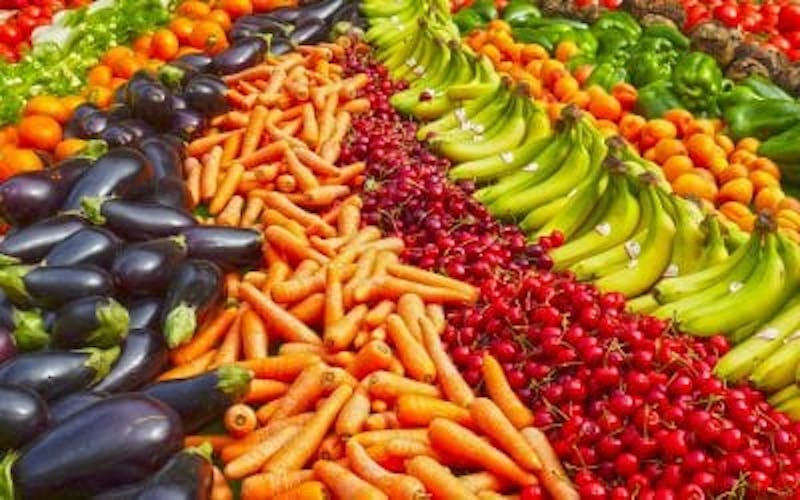
Your mom was right: you need to eat your veggies. Non-starchy vegetables are nutritional powerhouses that aid weight loss, prevent chronic disease, and add color, flavor, and variety to meals.
Non-starchy veggies help you lose weight.
Non-starchy vegetables are mostly fiber and water. Fiber keeps you feeling full longer. Because of their high fiber and water content, non-starchy veggies provide a large volume of food for very few calories. 2 cups of raw spinach, for example, provide only 14 calories. The fiber in vegetables also requires chewing, which helps you slow down and savor your food.
Non-starchy veggies add flavor and variety to meals.
Onions, garlic, hot peppers, and mushrooms are non-starchy vegetables that enhance the flavor of dishes while contributing health-promoting nutrients and few calories. Salsa counts as a non-starchy vegetable too! If you’re feeling adventurous, you might also want to try kimchi, a spicy Korean condiment made from fermented vegetables.
Those pretty colors aren’t just for show.
Veggies get their brilliant colors from health-promoting compounds called phytonutrients. For example, tomatoes and red bell peppers contain lycopene, a cancer-fighting phytonutrient. Orange veggies like carrots contain beta-carotene, a nutrient that benefits eye, skin, and immune health. Leafy greens and broccoli provide lutein, which promotes eye and heart health. Flavonols, found in green and white veggies like parsley, spinach, and onions, fight cancer and inflammation and promote heart health.
For optimal health and chronic disease prevention, eat veggies of all colors: red/orange, green, yellow, white, and blue/purple.
Veggies help you hydrate.
Veggies are mostly fiber and water, remember. Many—such as radishes, tomatoes, and spinach—are also good sources of potassium, an electrolyte most Americans don’t get enough of in our diets. Low potassium intakes contribute to health problems such as high blood pressure and kidney stones.
On a hot day or after a sweaty workout, try snacking on water-rich veggies such as cucumbers and cherry tomatoes to help you rehydrate.
Veggies keep you regular.
Struggling with constipation? A lack of dietary fiber may be part of the problem. The fiber in non-starchy veggies increases stool bulk, which helps make bowel movements more regular. In other words: veggies make you poop.
Veggies in the Post-Surgery Diet Progression
Solid food intake begins two weeks after surgery with soft-cooked, lean protein foods. Protein is your priority because it helps your body heal from surgery and helps you retain your muscles while you lose fat.
Once you are able to get in 2 oz of protein at a meal, you are encouraged to start adding a few bites of soft-cooked non-starchy veggies.
Stick with soft-cooked veggies for the first three months after surgery to give your digestive tract time to heal. After three months, all non-starchy vegetables—including raw veggies and salad—are fair game.
What about starchy vegetables—beans, peas, potatoes, sweet potatoes, and corn? These vegetables are good sources of nutrients like potassium, but because of their starch content, they pack more calories and carbohydrates than non-starchy veggies. To maximize post-surgery weight loss, we encourage most patients to choose non-starchy veggies instead of starchy veggies for at least the first 3 to 6 months. If you’re not sure which veggies are right for you, ask your dietitian.

